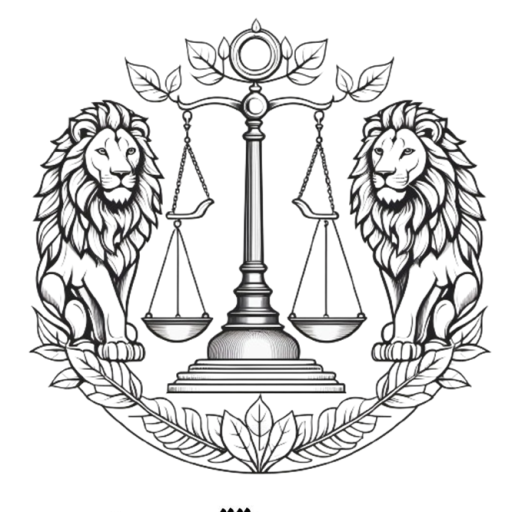Amirali R. Davoudpour
Iranian Canon of Medicine and Law, Administrative Wing of Law and Healing association, Iranian Watchdog of Medicine and Law, Tehran-Iran
Email of the corresponding author: davoudpour@canmedlaw.org
Accepted and published July, 2024
Abstract
The convergence of historical events and philosophical doctrines has profoundly shaped the trajectory of numerous social movements. Notably, the role of German philosophers in the emergence of ultranationalist ideologies and movements has been substantial. This article explores the influence of German philosophical thought on the development of movements such as communism, Nazism, and Zionism, tracing their shared roots and divergent paths.
Karl Marx’s critique of capitalism laid the groundwork for socialist and communist ideologies, advocating for proletarian revolution and a classless society. Friedrich Nietzsche’s concepts of the Übermensch and the will to power provided ideological underpinnings for fascism, despite Nietzsche’s own disavowal of such interpretations. Arthur de Gobineau’s racial theories influenced Nazi ideology, reinforcing notions of Aryan superiority and justifying policies of racial hierarchy.
In the realm of Zionism, Theodor Herzl’s vision of a Jewish homeland responded to pervasive anti-Semitism in Europe, culminating in the establishment of Israel. The Holocaust further galvanized the Zionist movement, emphasizing the need for Jewish self-determination and security.
This study also examines the ethical and philosophical implications of these ideologies, emphasizing the responsibility of philosophers to critically engage with their ideas and counter their potential misuse. The legacy of German philosophy in shaping these movements serves as a cautionary tale, highlighting the dual-edged sword of intellectual influence in political and social contexts.
This research underscores the ongoing relevance of philosophical and ethical inquiry into the roots and consequences of ideological movements, offering insights into their contemporary manifestations and future potential for social change.
Keywords: German philosophy, ultranationalism, communism, Nazism, Zionism, ethical implications
